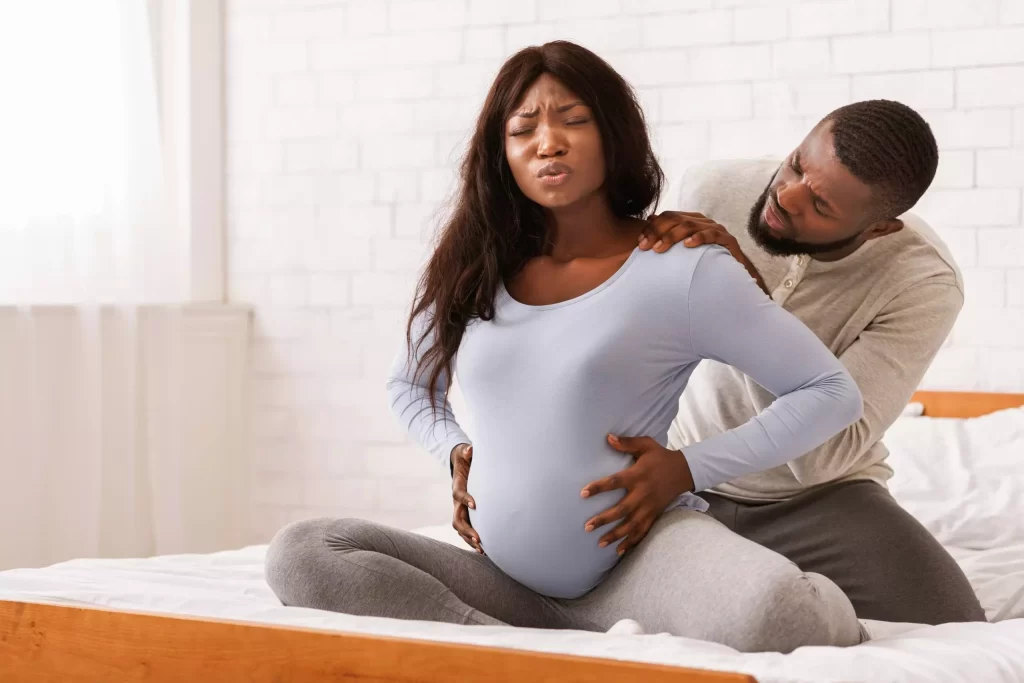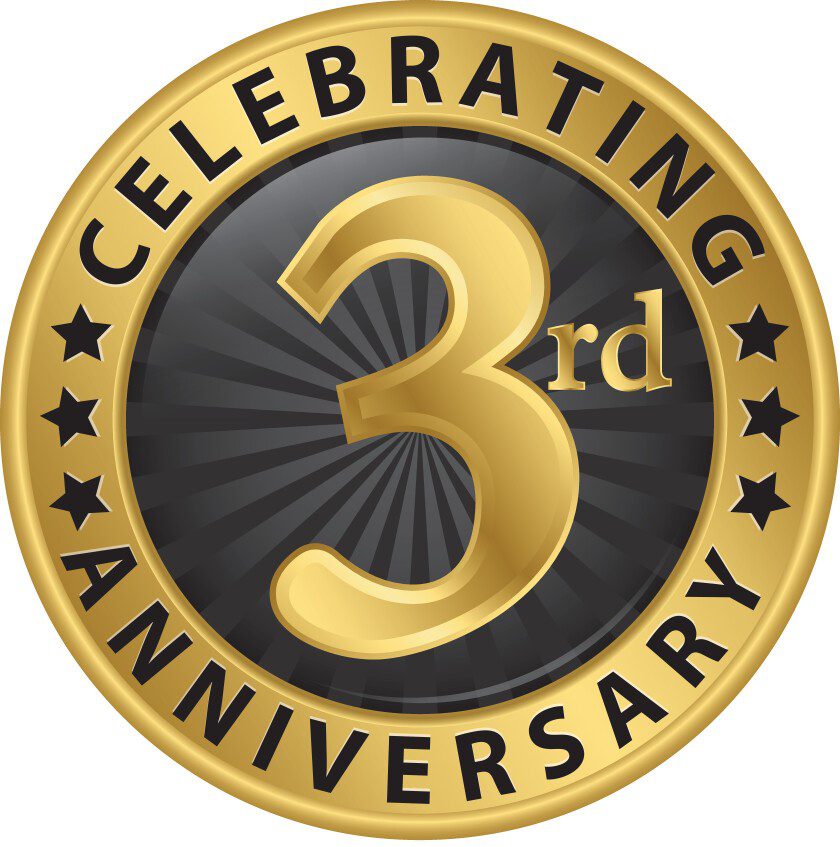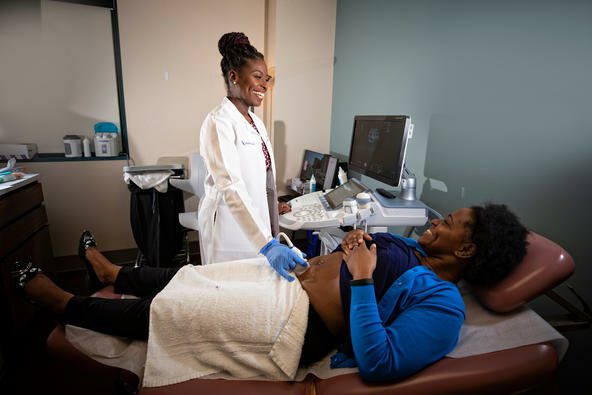Salvation and social justice teach churches how to get involved in the birth justice movement and help save Black women’s lives.
By The Rev. Dorothy S. Boulware, The Afro
One of the hardest moments of my life was having a fun conversation with my newest friend and prospective sister-in-law as she was packing to go deliver her first child, and I was preparing to go to weekly Bible study, knowing when I returned, my niece or nephew would have arrived.
That is not what happened.
When I returned home, I found out that my friend had died in childbirth and left me a beautiful niece who is today one of the joys of my life. But what happened?
That was more than 40 years ago, and Black maternal mortality is more prevalent now than then.
Especially in New Jersey — which is why Black churches are meeting monthly to inform the community and solicit help in the birth ministry area.
Churches taking action

“We’ve called the community-based prenatal care work to reclaim the joy, hope, and spirituality of birth. This ministry’s aim is to improve maternal and infant health outcomes by providing culturally congruent care and support,” Rev. Charles Boyer, senior pastor of Greater Mount Zion AME Church in Trenton, said to the gathered churches during a February meeting.
Along with his wife, Rosalee Boyer, Rev. Boyer, is a co-founder of Salvation and Social Justice, an organization that works to “abolish structural racism and liberate public policy theologically by modeling and building the hope and resiliency of Black faith.”
The birth justice movement
Salvation and Social Justice developed a toolkit that teaches churches how to get involved in the birth justice movement. It includes historical background, photos, and details on the Black midwives who safely ushered in generations of Black babies without medical assistance or instruments. The first step:
“Educate staff and members regarding the crisis in maternal health for Black women and commit to concrete action steps.”
To that end, the theme of the evening was “Is there a midwife in the house?” Following a fiery sermonic introduction invoking the work of the midwives in Exodus, Rev. Kamaria Byrd-McAllister asked those with the call to be midwives to offer their skills with power and without fear.
Sobering statistics
The need for Black midwives is certainly there. Black women nationally continue to face higher rates of maternal mortality than other racial or ethnic groups. According to the most recent federal data, Black women had 50.3 deaths per 100,000 live births, compared to 14.5 deaths for White women, 12.4 deaths for Hispanic women, and 10.7 deaths for Asian American women.
In New Jersey, “Black women are seven times more likely than White women to die before or after they give birth. Black babies are three times more likely to die than White babies before reaching their first birthday,” Rosalee Boyer said.
“Research has shown that 80% of maternal deaths are actually preventable,” Boyer explained. “And the high risk is not predicated on socio-economic status, educational levels, income or educational status. Unfortunately, doctors in New Jersey are often likely to give Black women unnecessary C-sections, putting them at a higher risk for serious complications like ruptured surgical wounds. Overall, Black women are 25% more likely to have C-sections than White women.”
Birthing misconceptions

Some might attribute this to Black women being too ill to carry children safely, a premise doula Crystal Charley is quick to rebuff.
“There’s nothing further from the truth. In fact, there’s actually research that shows that Black women, who are not born here in America and give birth elsewhere, have higher birth outcomes than when they come to this great country of ours,” Charley says.
“Our Black babies continue to die at higher rates and even higher than those awful numbers around maternal mortality.”
Community Solutions
The group’s strategy is to provide information and assistance for whatever ways churches choose to be involved — from distributing information to helping expectant parents make informed choices as to the appropriate birthing methods for their families.
As Rosalee Boyer wrote in the toolkit, “We can and we will eradicate the very systems that endanger the lives of Black people.”
This article was originally published by Word in Black.
First published Feb. 21, 2025



